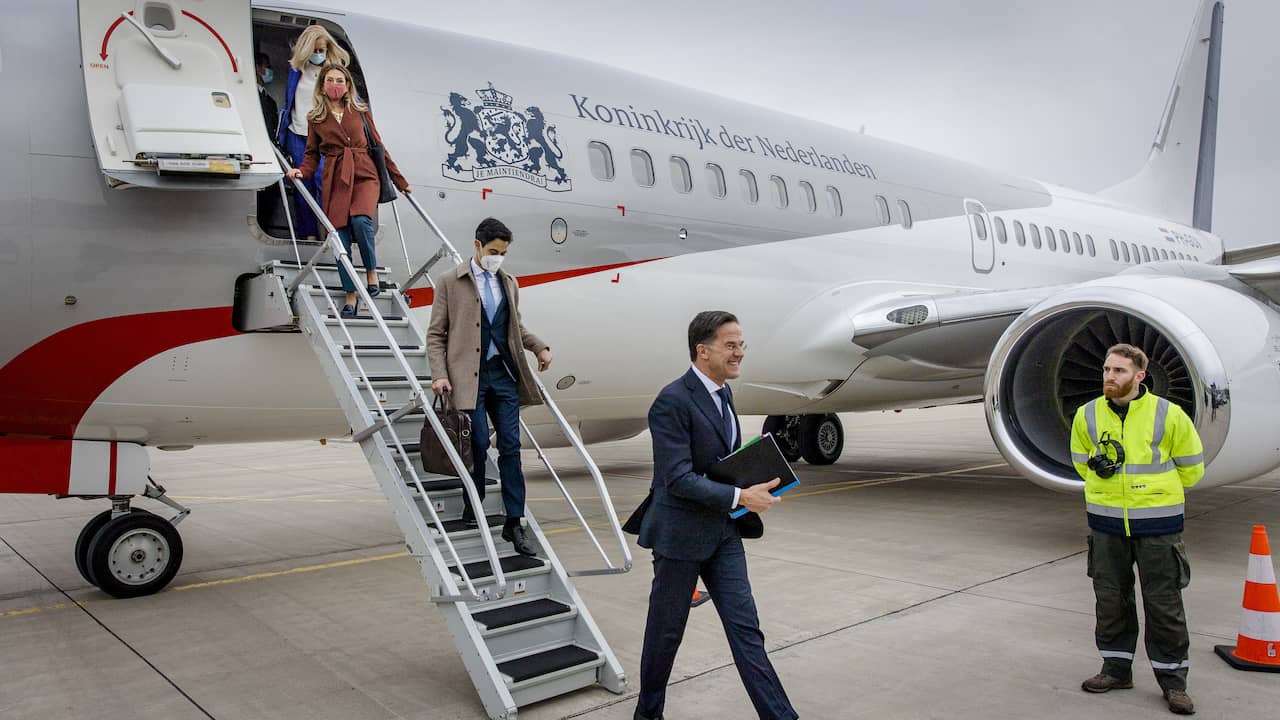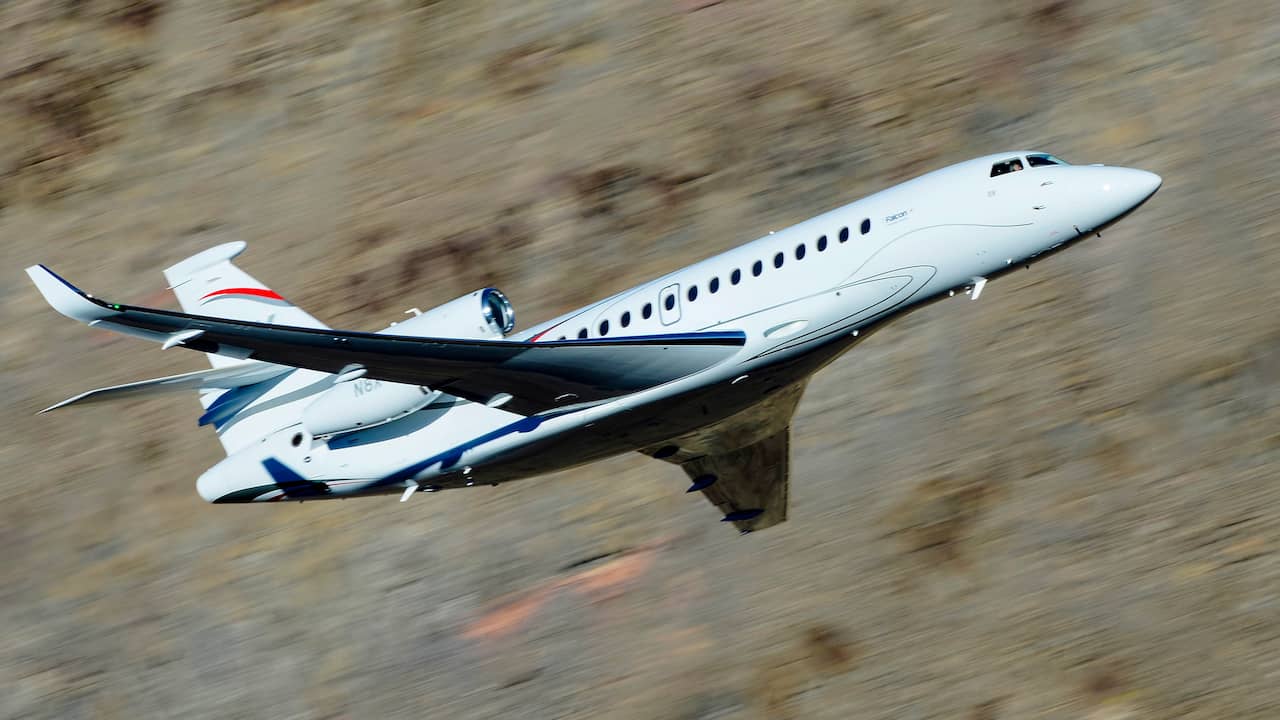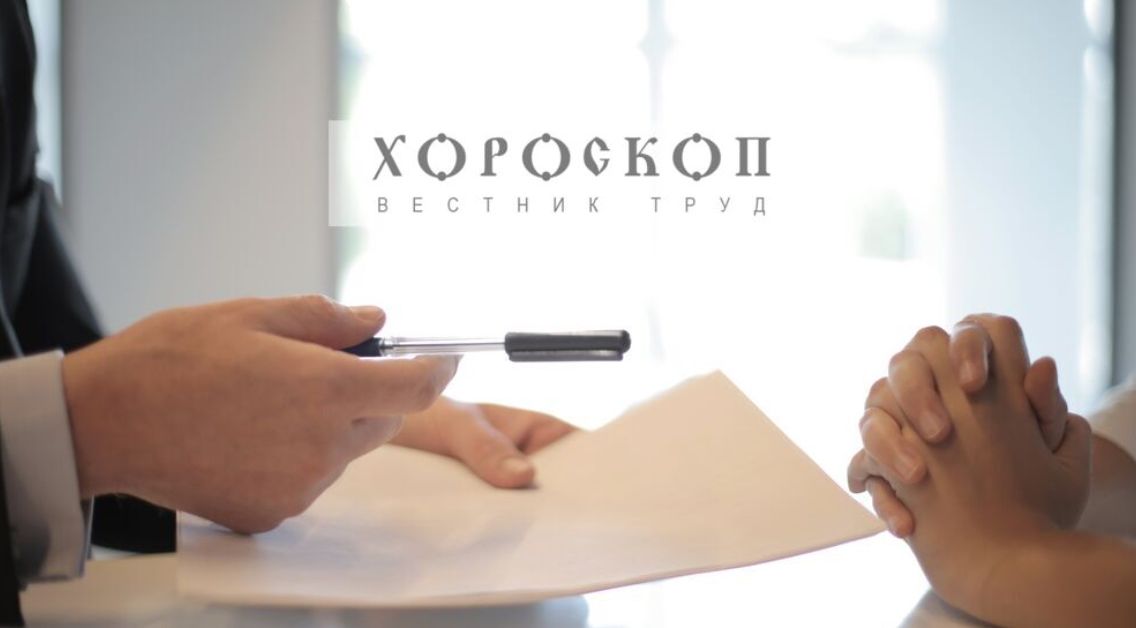While commercial aviation is still recovering from the crown crisis, the number of private flights hit an all-time high this year. This is while private jets have a much higher climate impact per passenger. Is it time to ban luxury chests?
Max Verstappen’s private plane has already covered 164,000 kilometers this year. The Formula 1 driver’s Dassault Falcon 900EX has taken to the skies 97 times, emitting the same amount of CO2 as a car that goes around the world 130 times.
As for Greenpeace, this shows how a small elite with polluting behaviors exacerbates climate change. “Even if it is an unnecessary luxury in almost all cases,” says Dewi Zloch of the environmental organization. “These emissions are very easy to prevent. Therefore we support the ban on private flights.”
Emissions from private flights appear to be on the rise again this year, according to a report of CE Delft on behalf of Greenpeace. The number of private flights at Schiphol Airport and Rotterdam The Hague was already higher this year than in all of 2019. According to previous reports, the use of private jets is also increasing in other parts. of Europe. Research Transport and environment van.
Private flights account for only a small fraction of the total climate impact of aviation. They account for around 0.5% of Dutch airport emissions. But the emissions per passenger of a private plane are 5 to 7 times higher than those of a commercial flight, CE Delft calculated.
That while private jets often fly on routes where scheduled flights or high-speed trains are also available. The time has come for people to be forced to use those options, Zloch thinks. “The government should ban things we don’t need but are very polluting.”
“The behavior is no longer acceptable”
France is trying to put the subject on the agenda in Brussels. Transport Minister Clément Beaune believes the entire EU should curb private jets. “Some behaviors are no longer acceptable,” he said The Parisianafter an outcry had arisen over the lavish flying behavior of the wealthy French.
Minister Mark Harbers for Infrastructure and Water Management sees nothing in stricter rules or a ban. “Making specific air traffic groups less attractive, such as private flights, is not part of making aviation more sustainable”, he wrote recently presented to the Chamber of Deputies.
The government will continue to use its government planes to fly around the world, although scheduled flights are available. This year, the government plane has already traveled 172,000 kilometers. The plane also regularly flies empty, uncovered RTL news, because ministers must be served in different places. “Be happy to be present in that world,” said Prime Minister Mark Rutte.
The Dutch government plane has already traveled more than 172,000 kilometers this year.

The Dutch government plane has already traveled more than 172,000 kilometers this year.
Photo: ANP
Sustainability or extra tax?
A ban is not the only way to reduce the climate impact of private flights. An additional fee is also possible. Switzerland has already proposed to collect a fee of between € 500 and € 3,000 per private flight. As part of a broader package of climate measures, that plan was rejected in a referendum in 2021.
This tax could raise hundreds of millions of euros per year across the EU. That money would be useful for developing sustainable aviation technology, thinks Brussels environmental group Transport & Environment.
According to the organization, governments should be the first to force private jets to become more sustainable. Smaller planes are easier to electrify or fill with sustainable fuel. In addition, wealthy passengers on private jets are less sensitive to the additional costs that this entails.
“Let the cabinet set a good example”
There’s something about it, says Paul Peeters, a lecturer in sustainable tourism at Breda University of Applied Sciences. “Then help initiate that transition to sustainable fuels.” But, he warns: “He also has a high degree of greenwashingThat same sustainable fuel could have been put in the tank of a commercial aircraft, benefiting more passengers.
He therefore understands the demands to discourage private flights and thinks the government could lead by example. “Maybe it’s an idea that the government will also use its planes 50 percent less in 2030 than today, just as everyone should cut their emissions by 50 percent,” says Peeters.
According to Harbers, the government is working on a general guideline for the use of its private planes. It should “take shape in the coming months”.


